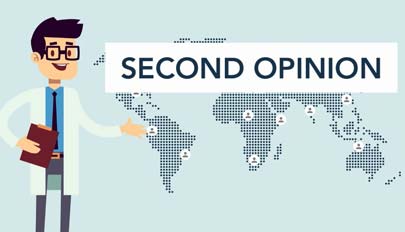Companies that want to improve their decision-making quality hire experts in decision-making. A team of Chevron decision experts facilitates workshops on decision-framing and conducts data gathering, builds analytical models, and points out when more information is needed to make a better decision. It also coaches decision makers in systematic decision-making. The group has trained 2,500 decision makers in two-day workshops and certified ten thousand others through an online training module. The team applies systematic decision analysis to all major capital projects.
Limiting Your Choices

We all struggle with decision-making when presented with too many options. If given more than five or six options, we may feel compelled to choose one. But limiting the options to a smaller number of possible choices will make the process much easier and prevent us from getting too wrapped up in our initial thoughts. Leaders who are successful in their field often say they use their instincts and do not overthink their decisions. However, we can enhance our intuition by gaining more knowledge. Hence, it is beneficial to seek the help of experts to guide us.
Thinking through the ethical implications of your decisions
Researchers have found that organizational leaders and managers try to make people feel relevant by emphasizing individual-level rewards, which leads to less ethical decisions. However, highlighting broader outcomes may lead to better ethical decisions. Organisational leaders and managers should instead focus on how their actions will affect others, Navigate to this website.
Enlisting a Second Opinion

There are several reasons to enlist a second opinion, including uncertainty about the outcome of a medical procedure or investment. A second opinion can help clarify professional competence or identify any areas of doubt. Many investors seek a second opinion when developing a financial strategy. Other times, a second opinion is just plain good sense. Regardless of why you seek a second opinion, it will increase the quality of your decision-making.
Conclusion:
Incorporating an outside expert can help groups make better decisions. Blind trust in expert opinion can lead to group biases and distorted outcomes. By making the experts a part of the decision-making process, the group risks adapting the expert’s opinions and making too many decisions that don’t make sense. Bringing in a decision expert should be done only when there is a clearly defined topic and when the experts are outsiders.

